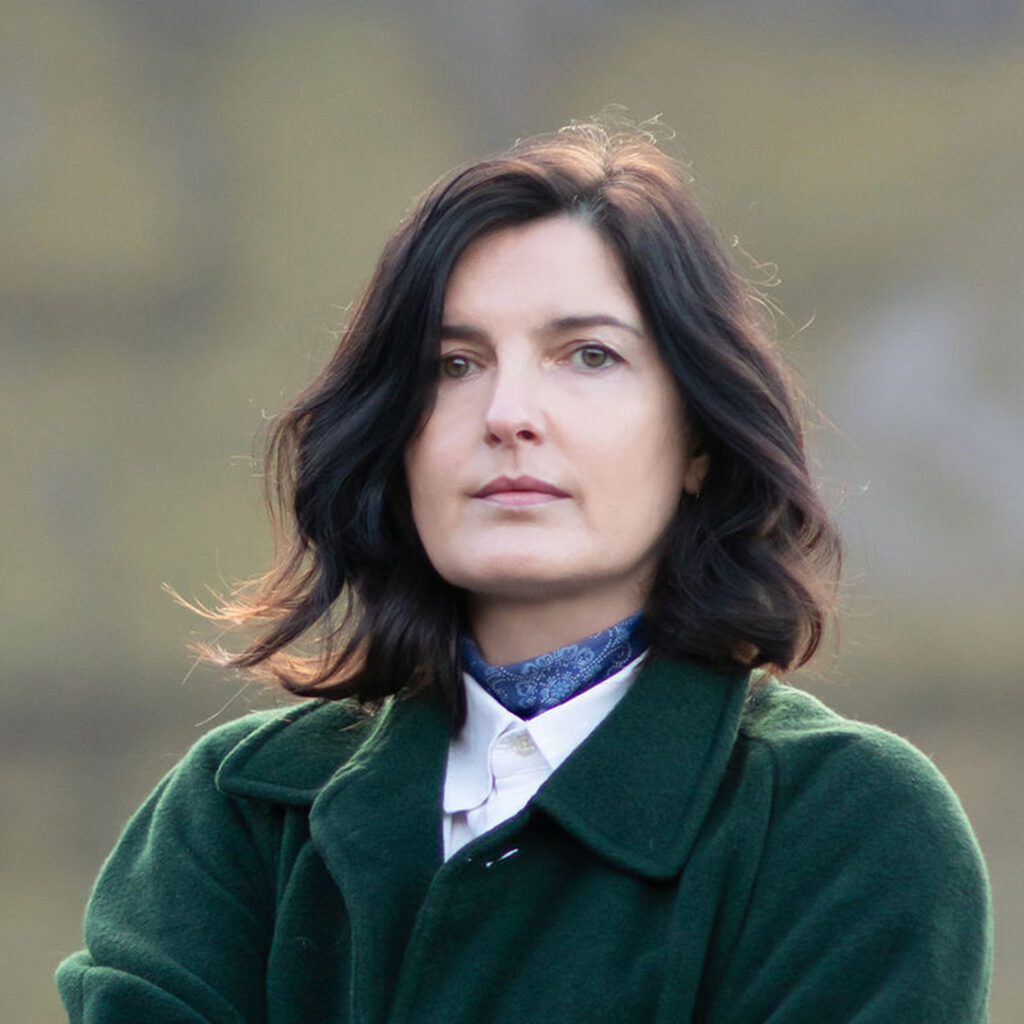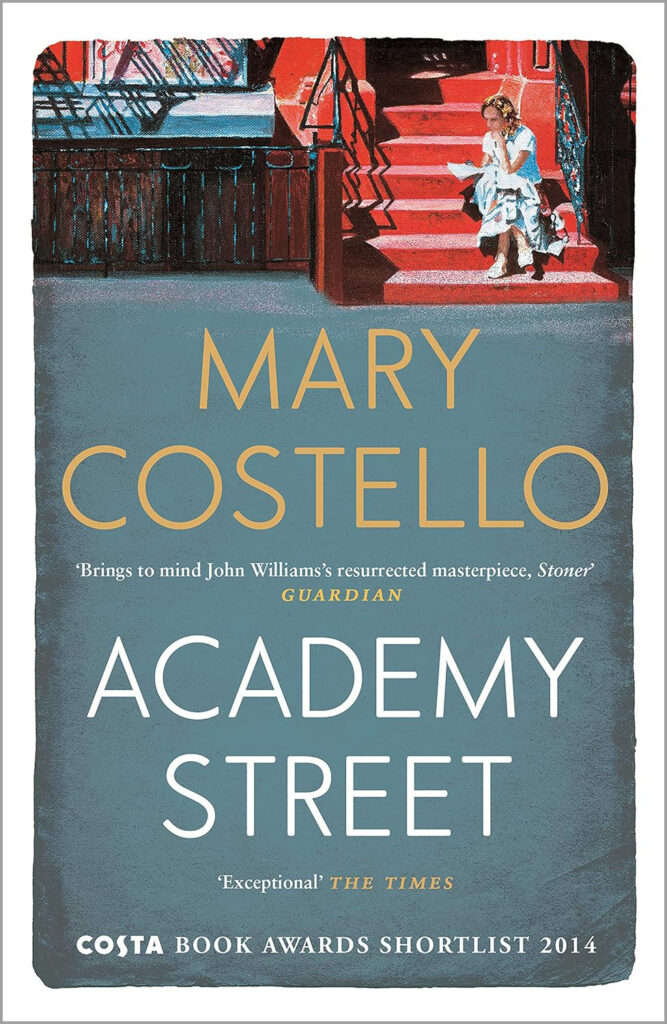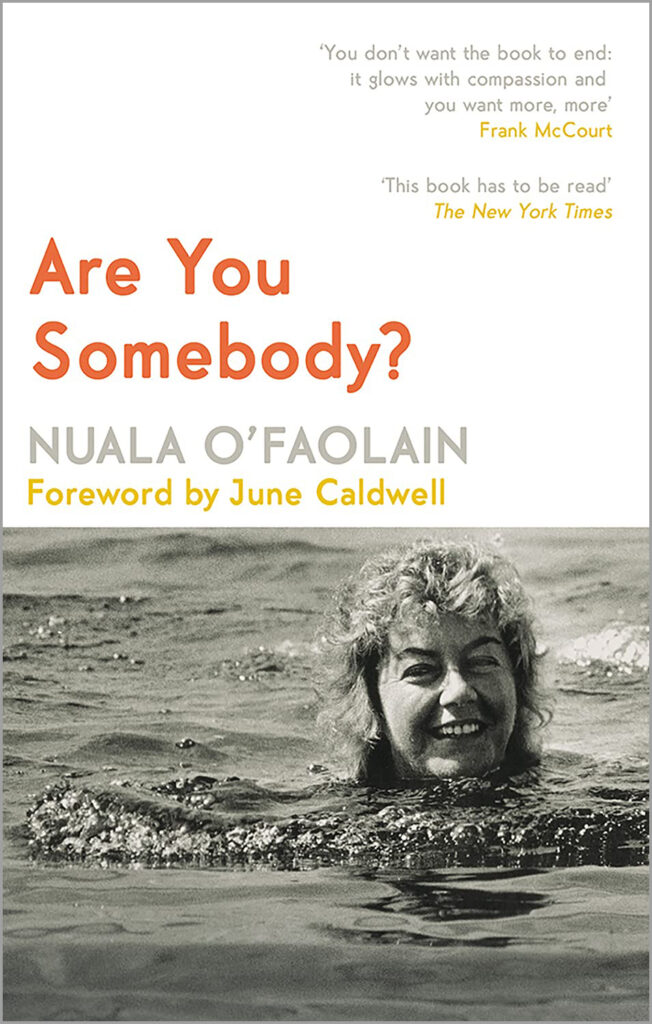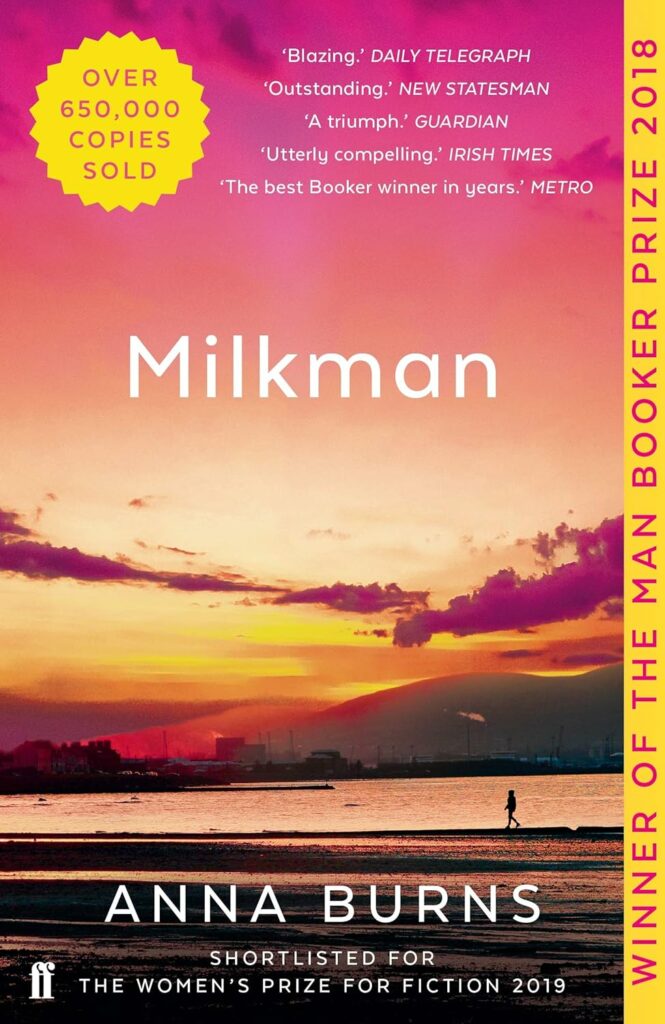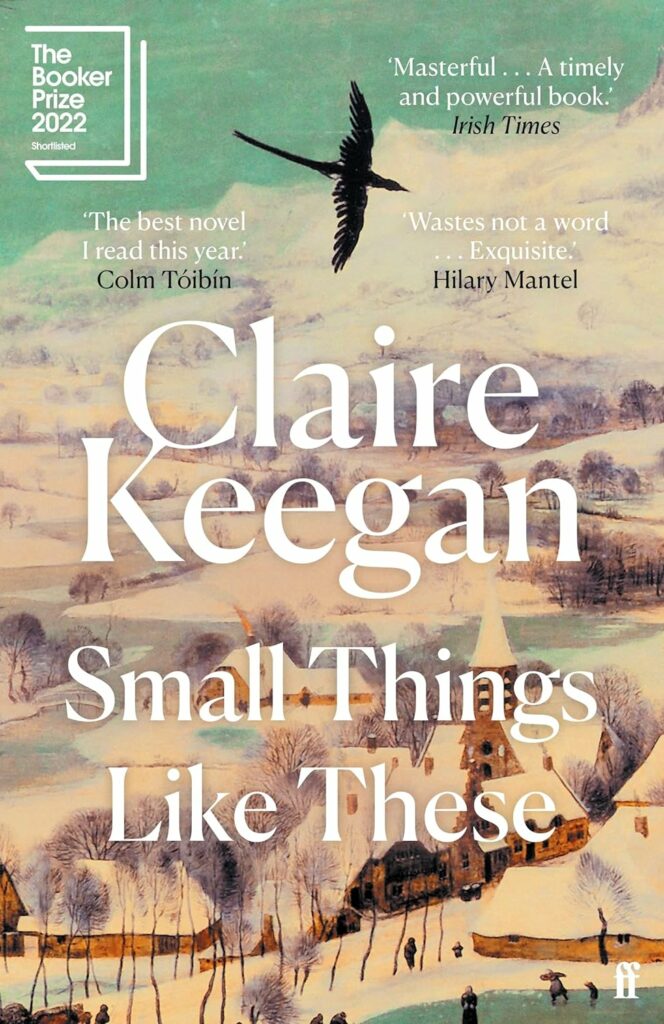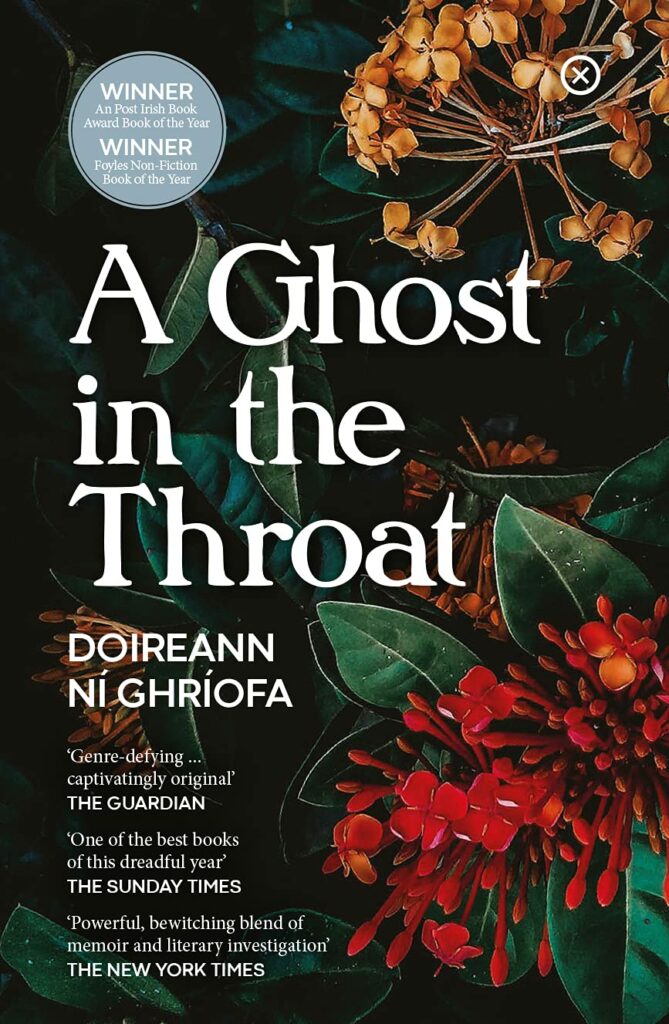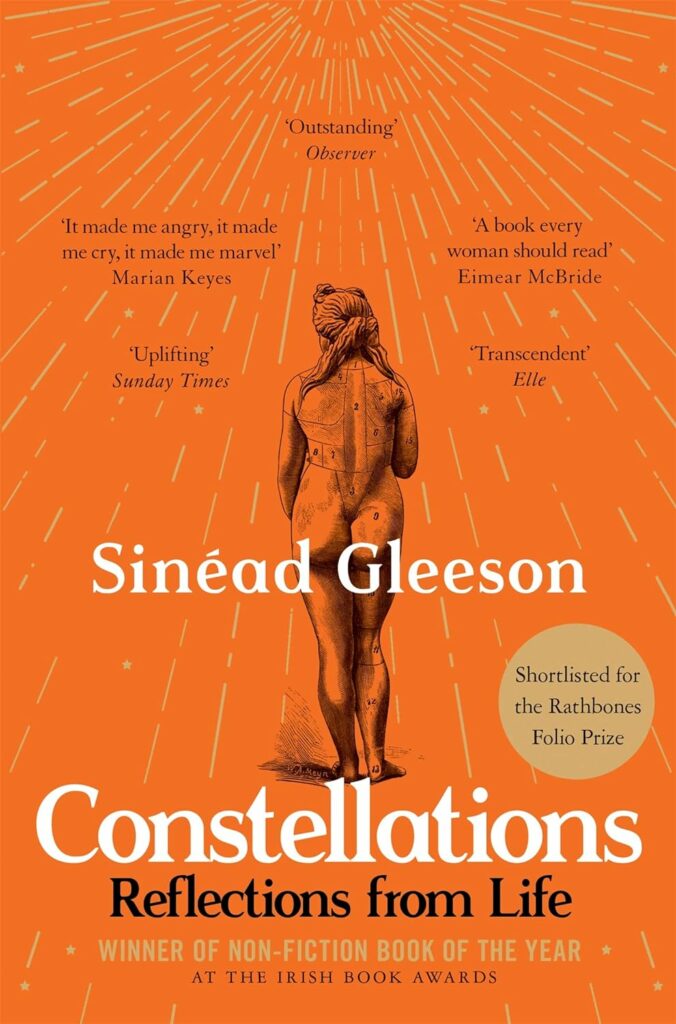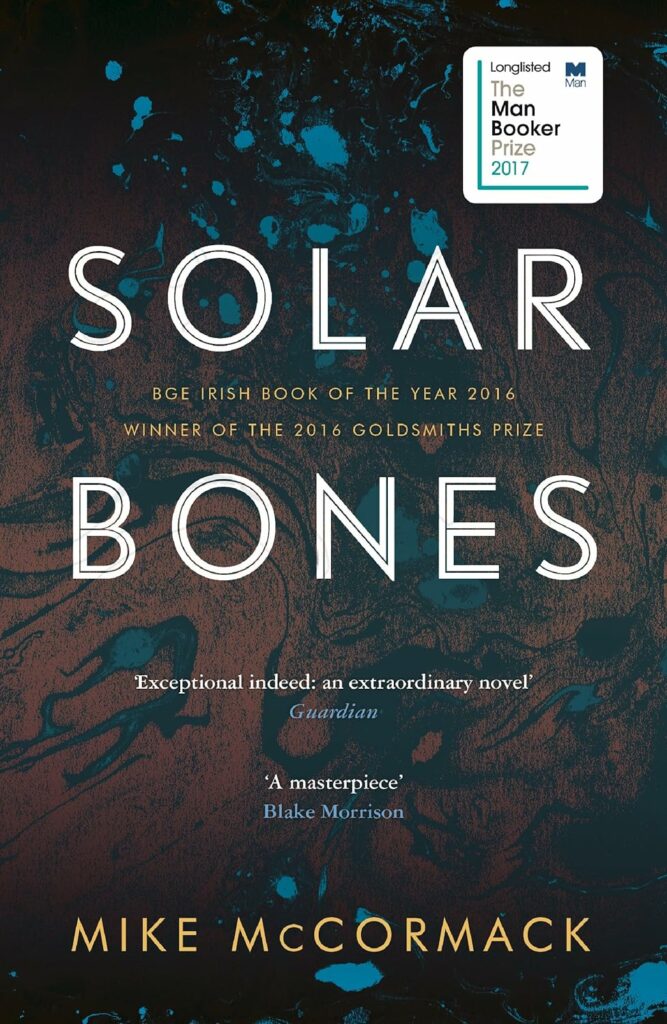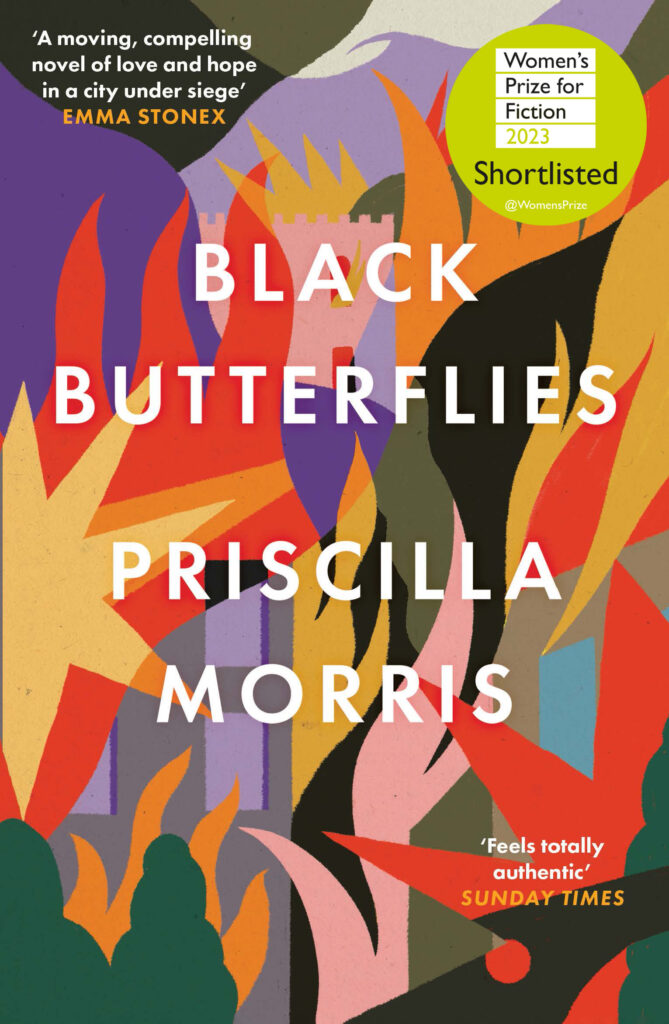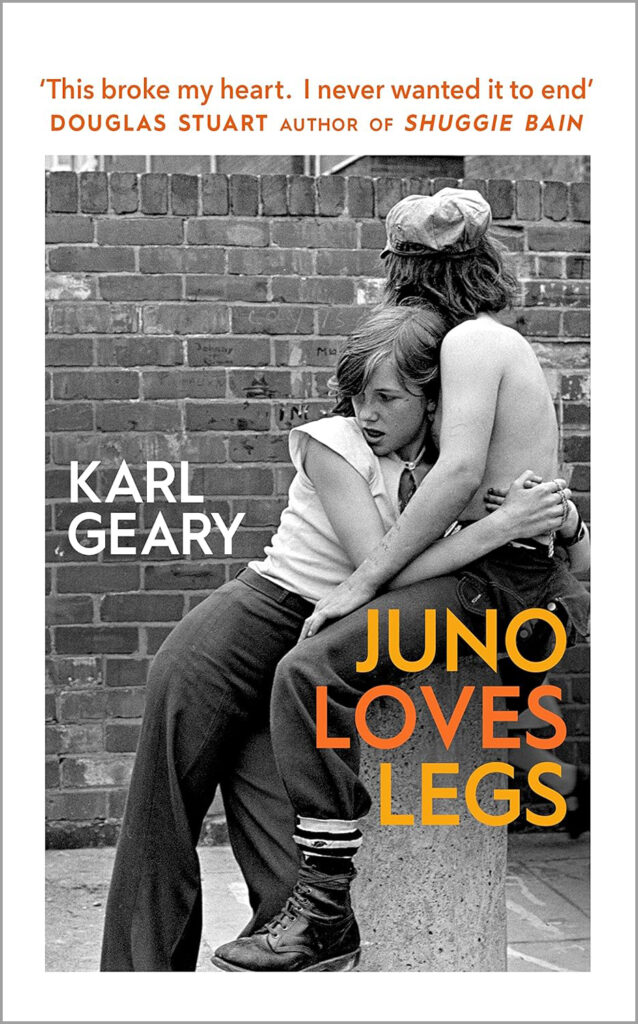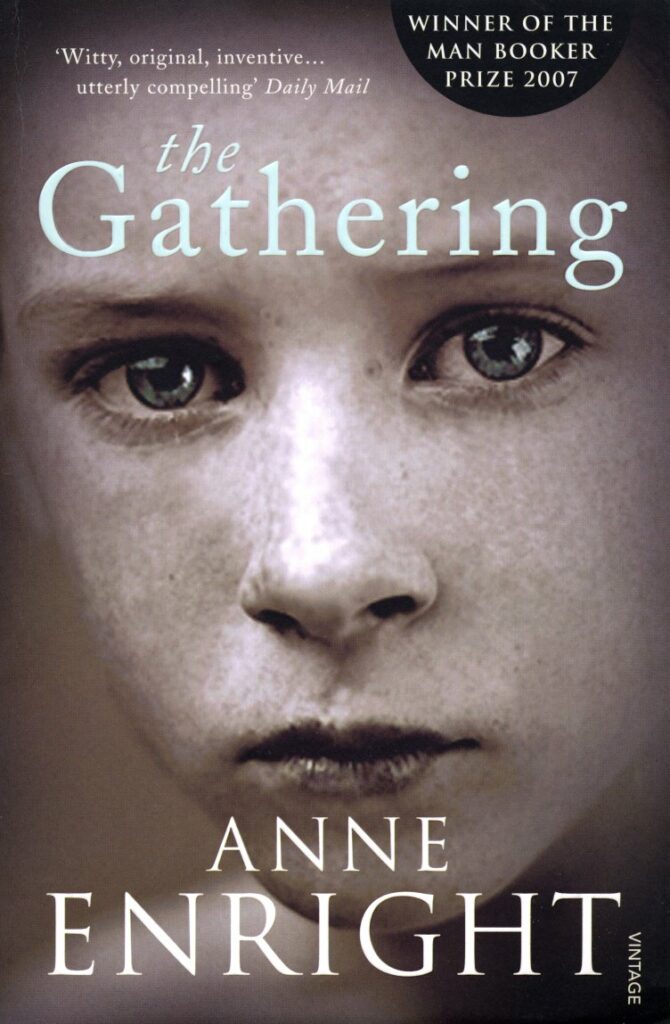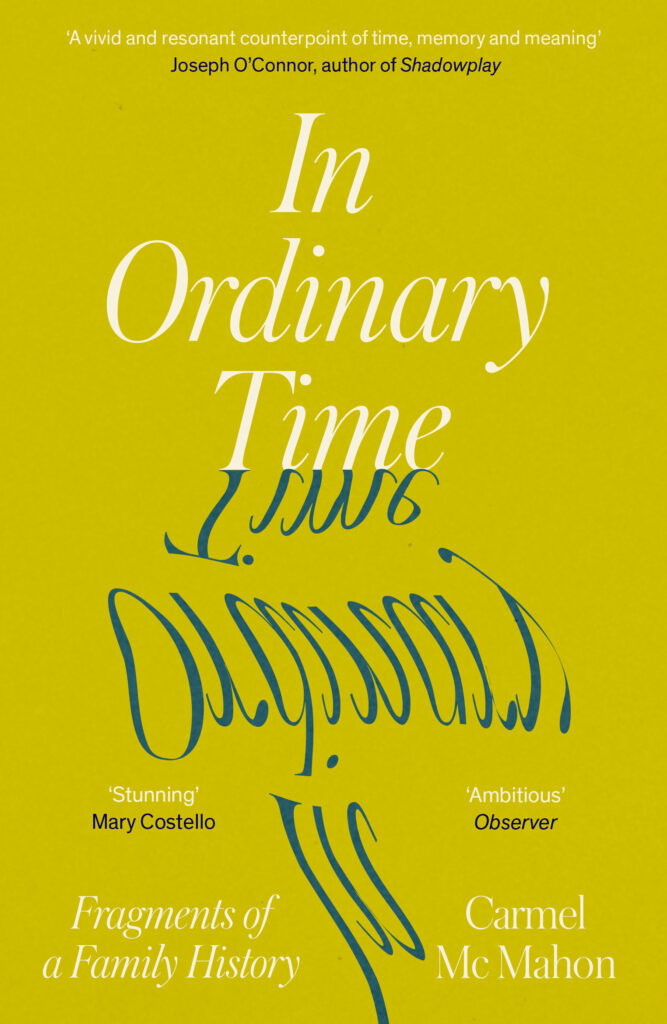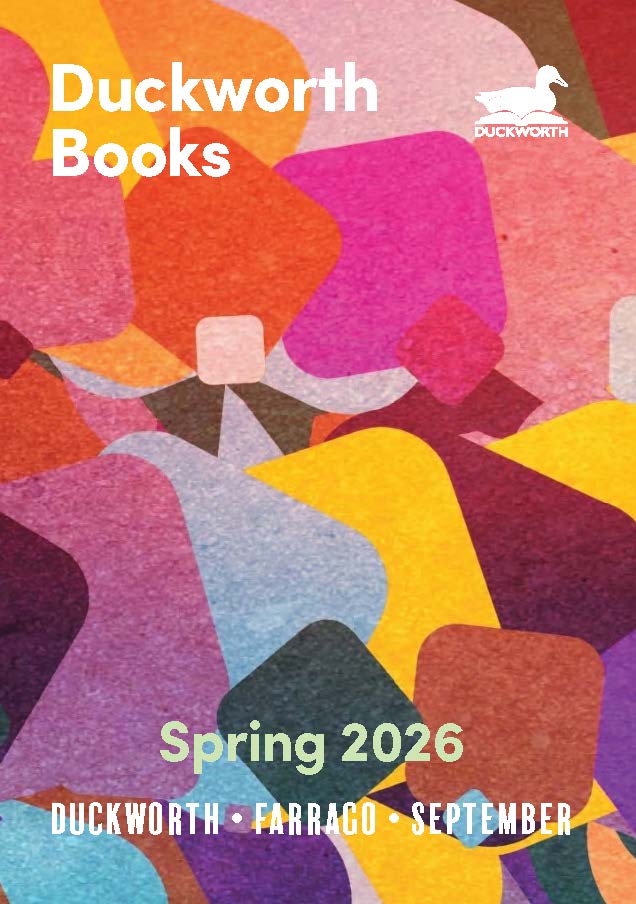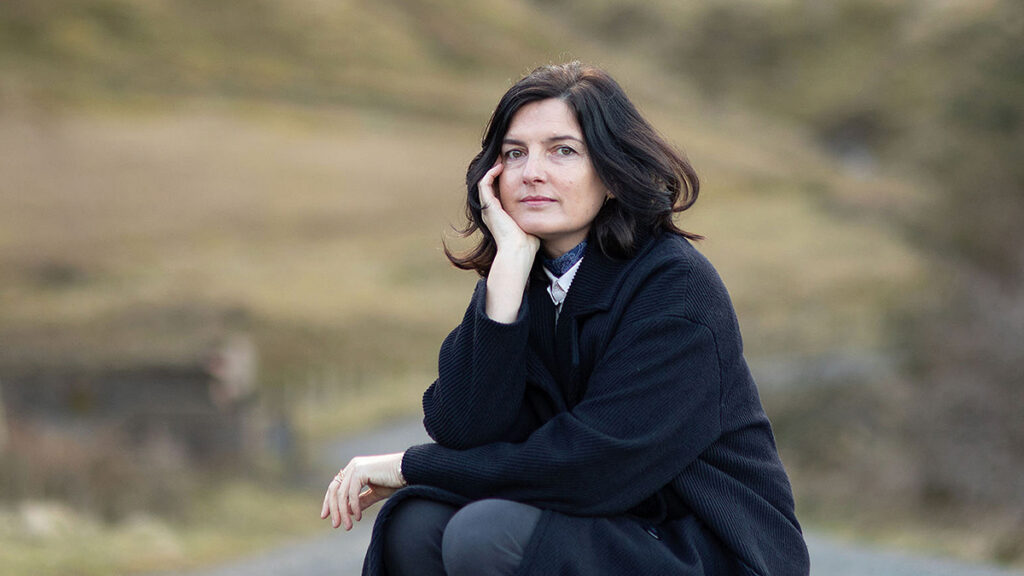
My favourite books by fellow Irish writers – Carmel Mc Mahon
Here are some favourite books by fellow Irish writers. This list changes and evolves, but at the moment, these are the books that are still resonating with me.
Academy Street by Mary Costello
I had just started writing In Ordinary Time when Academy Street was published.
I happened to be living in the Inwood neighborhood of Manhattan where the novel is set. While she never lived the emigrant experience herself, Costello captures it in pitch-perfect tone. In all of her writing, a spare and precise prose carries the weight of complex emotions.
I am very much looking forward to her forth-coming short-story collection, Barcelona.
Are You Somebody?: A Memoir by Nuala O’Faolain
Nuala O’Faolain was born in 1940, and she was raised in the stifling Catholic Ireland of the following years.
Her memoir speaks of an oppressive society, and of a Dublin that was still very much in tact when I was a child. In addition to being a self-portrait, this book paints a picture of a time and place. Through O’Faolain’s personal lens, I could see, in a new way, how social forces shaped my mother’s generation, and so, mine.
While living in New York, I worked for a novelist who introduced me to Nuala. She and I met a few times for tea and chats. She died before I got sober, and there is so much more I would have liked to talk to her about, though she remains with me, through this book, a kind of literary ancestor and guide.
Milkman by Anna Burns
This is a singular book. A masterpiece.
Set in an unnamed city during a troubled time, Burns translates in fiction, better than any history, the claustrophobic atmosphere of a community at war, and the hopes, dreams and humor of its individual inhabitants.
I often think about the opening sentence and only hope I live long enough to construct one so utterly perfect.
Small Things Like These by Claire Keegan
I read Small Things Like These in one sitting and have re-read it a few times since.
The thematic concerns of the book, the Magdalene Laundries and the complicity of Irish society in their maintenance, are concerns of many Irish artists of my generation.
Keegan takes a local story and makes it universal. Every sentence is concentrated to its essential form, imbuing the overall affect with immense power and beauty.
A Ghost in the Throat by Doireann Ní Ghríofa
Ní Ghríofa sets out looking for the life of an erased eighteenth-century poet, Eibhlín Dubh Ní Chonaill, and in so doing, she finds herself.
The lives of these two Irish women, mothers and poets, reverberate with each other across time.
A Ghost in the Throat is an inspiring example of what literary life-writing can do.
Constellations: Reflections from Life by Sinéad Gleeson
The essays in Constellations are collected around the theme of the body with its earthbound struggles and star-dust ancestry.
It was published in 2019 just after the repeal of Ireland’s abortion law and carries so much of the socio-political climate of the preceding years.
Through stories of her own experience of illness, giving birth, and the deaths of loved ones, coupled with insights from music, art and literature, Gleeson captures the unique privilege of inhabiting a body on this planet, if only for a brief moment in time.
Solar Bones by Mike Mc Cormack
I read this book in grad school in New York in a class on the Cultural Productions of Ireland’s Boom and Bust. It was taught by Mary Mc Glynn, a brilliant professor and a lover of Irish literature.
Solar Bones shook me to my core. It seems to compress time, the past, present and future into a single instant. This feat is achieved, perhaps, through the book’s unusual construction, the story of a life told in a single sentence, by a ghost returning to his home on the feast of All Souls.
It glides along a fine line, one that alternates between the real and unreal, the living and the dead.
Black Butterflies by Priscilla Morris
Black Butterflies by Priscilla Morris, who has been living and teaching in Ireland for many years, is set during the siege of Sarajevo in 1992.
It is a book, if not “the book” for our time of escalating armed conflicts. The narrative centers on Zora, a middle-aged artist and teacher, trapped in the siege.
It is a carefully researched work of fiction and a beautifully-written testament to the enduring power of art as an act of resistance and survival.
Juno Loves Legs by Karl Geary
Karl is an old pal from New York. We did a book event together in Dublin where we were to discuss the similarities in our recent publications, his fiction, mine, non-fiction. We had recognized reflections in each other’s work.
He had written about the Dublin he knew before he emigrated to the US, the details of which had been preserved in him, and he wrote them into Juno Loves Legs. This was the Dublin I knew too, and it was a delight to find it again in the pages of this novel, because it no longer exists, for the better and worse, today.
The Gathering by Anne Enright
No one writes family, with its stifling secrets, betrayals and alliances like Enright. Her characters are living, breathing presences, and I know them all.
This book is about a family gathering in Dublin to wake a dead brother. Every line grounds you, firmly, in time and place, so you feel like you are watching a film, one that you would like, at times, to avert your eyes from. But you keep on watching because the rewards are there, a nourishment for the mind, emotions and spirit.
Discover Carmel Mc Mahon's work
Carmel Mc Mahon grew up in County Meath, and lived in New York City 1993–2021, when she returned to Ireland’s west coast. A graduate of CUNY, her writing has been published in the Irish Times and shortlisted for the Hennessy Literary Award. In Ordinary Time is her first book.
A highly acclaimed multi-layered exploration of trauma, grief and addiction, In Ordinary Time is perceptive, intimate and utterly compelling Irish life writing from an electrifying new voice.
‘Absolutely gripping…’ Irish Times
In 1993, aged twenty, Carmel Mc Mahon left Ireland for New York, carrying two suitcases and a ton of unseen baggage. It took years, and a bitter struggle with alcohol addiction, to unpick the intricate traumas of her past and present.
From tragically lost siblings to the broader social scars of the Famine and the Magdalene Laundries, Mc Mahon mines the ways that trauma reverberates through time and through individual lives, drawing connections to the events and rhythms of Ireland’s long history
